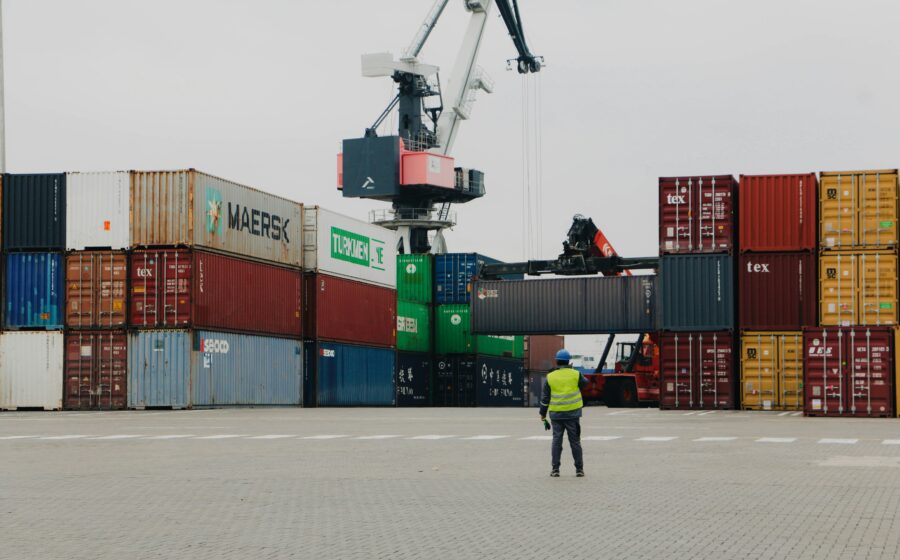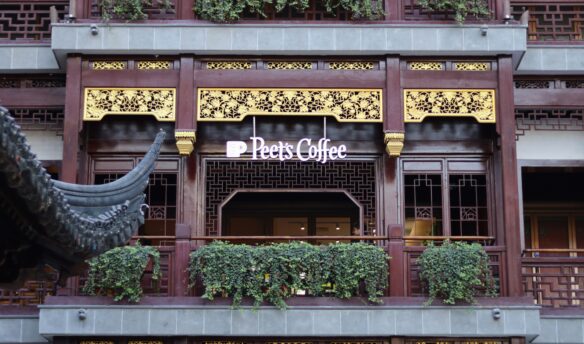✉️ This story was featured in this week’s Coffee News Club
👋 Get the Coffee News Club newsletter in your inbox weekly—sign up.
In 2024, the United States imported $2 billion worth of coffee from Brazil. That might soon change.
On August 6, the United States implemented a 50% tariff on imports from Brazil. Although American companies likely won’t stop buying coffee from Brazil, analysts believe the tariffs could sharply curb U.S. demand, putting pressure on Brazilian exporters and reshaping global coffee trade dynamics. To offset some of this predicted loss, Brazilian producers and exporters are trying to find alternate buyers.
China is pitching itself as one of those alternatives. Last week, the Chinese embassy in Brazil posted on social media that it would expedite authorization for 183 Brazilian coffee companies to export to China. These trade certifications will make it easier and cheaper for Brazilian exporters to ship coffee to China.
The timing of the unusually high number of authorizations is good for farmers, said Vinícius Estrela, executive director of the Brazil Specialty Coffee Association. Estrela told the South China Morning Post that with Brazil’s coffee harvest wrapping up and the U.S. becoming a less welcoming destination, the authorizations arrive “at the right moment—when the coffee is ready and waiting to move.”
Chinese coffee brands have been working to secure a steady supply of coffee as the country’s domestic market explodes. Last year, Luckin Coffee signed a deal to purchase $2.5 billion worth of coffee from Brazil. However, despite the growing domestic demand, China will not be able to absorb the loss of the U.S. market on its own.
Brazil’s coffee exports fell by 20% in July compared to the same month last year, which Bloomberg attributes in part to traders stockpiling beans amid the tariff uncertainty. While there’s been no indication that the Trump administration will roll back tariffs, last week, U.S. Commerce Secretary Howard Lutnick hinted at the possibility that coffee may be given an exemption. This is something industry bodies and lawmakers have been lobbying for ever since the tariffs were announced in April.
Read more on China’s pitch to Brazil from Daily Coffee News here.







